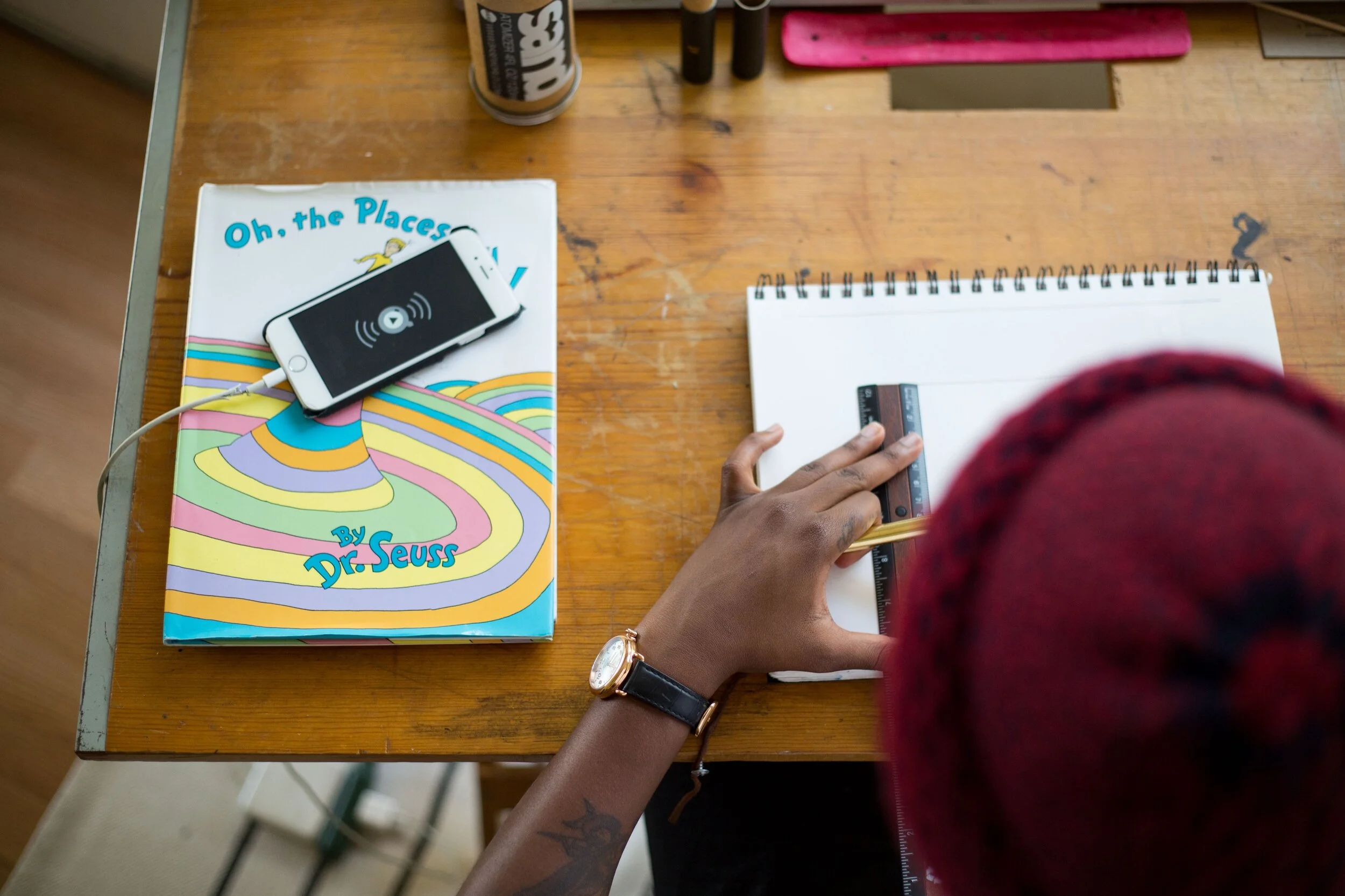Ad Week Europe: Say Hello to the Next Generation of Creativity, Experience & Recruitment
This was no ordinary Ad Week.
Following an investigation by The Times, Google made headlines as they officially apologised for appearing to jeopardise brand safety with adverts on YouTube featured alongside extremist content, while the long-awaited fireside chat with Sadiq Khan was cancelled following an alarming terrorist attack in Westminster.
But against this backdrop of uncertainty and agitation, there were still a few key messages that resonated from an otherwise energetic Ad Week Europe.
1. Creativity is undergoing a process of democratisation
Creative experts, make room. Say hello to a new era of creative democracy.
This was a message that was not only driven home by CEO Dentsu Aegis Network UK&I, Tracy de Groose, but by a number of other leaders across the industry at Ad Week Europe. With wider access to technology and sophisticated creative tools, as well as living in a zeitgeist of hyper personalisation and entrepreneurialism, we’re seeing creativity being truly democratised with an incredibly skilled young generation about to enter the workforce.
Tracy de Groose went further to say that creativity shouldn’t be a label donned on siloed areas of the business — we live in an industry where technology has resulted in widespread creative skills and mindsets, and the business should embrace that. After all, “creativity is about different perspectives colliding”.
2. Immersive experiences are starting to go beyond brand awareness and into meaningful utility
Michael Brown, Managing Director of MKTG, spoke about the resurgence of the experience economy at the Ad Week panel “Are you experienced?”, and its vital role in building bridges with brands that are struggling with waning consumer trust.
What’s interesting to observe, however, is that we’re starting to see the experience economy evolve to be more than just a “whizzbang” experience and shifting to allow for more meaningful utility — whether that’s immersing the customer into a transactional commerce environment or teaching someone how to do their own plumbing. An example was even given on encouraging greater empathy in an increasingly closed off world, as demonstrated by the Guardian’s Solitary Confinement VR experience.
““The experience economy is about how brands enhance how people feel.””
Meanwhile, when it comes to 360 video, we’re starting to see significant growth in User Generated Content, with Facebook 360 app resulting in over 3 million homegrown films already. Though, as Dan Calladine, Head of Media Futures at Carat mentioned, “We haven’t had the Chewbacca moment on VR yet”, we might be a couple of years off starting to see that happen. What’s more, as Chewbacca Mum clearly showed, the content doesn’t necessarily have to be of very high quality for it to go viral. So as we start to approach mass reach, brands may well need to start embracing UGC & influencers when it comes to producing powerful VR content.
3. Recruitment is finally evolving to adapt to a new generation
Walking into the cafe on the ground floor of the Picturehouse, you’d think there was a cake sale on at the back of the room… Only by walking closer do you realise this is the group waiting to see if they can “Crack the Code”.
By taking over the ground floor and inviting teams of up to five people to participate in a live escape-based challenge, this was about bringing to life the new gamification approach to entry-level talent recruitment in London as part of The Code early careers programme at Dentsu Aegis Network.
This next generation recruitment strategy is designed to remove barriers and innovate the way Dentsu Aegis Network hires in order to bring a broader range of young people and fresh perspectives into the business. And if the democratisation of creativity is anything to go by, it’s a much needed evolution in recruitment strategy among young digital creatives. In fact, fortysix was recognised as an inspiring example of that diversity in practice during a panel with Facebook as they discussed the changing landscape of the creative industry.





